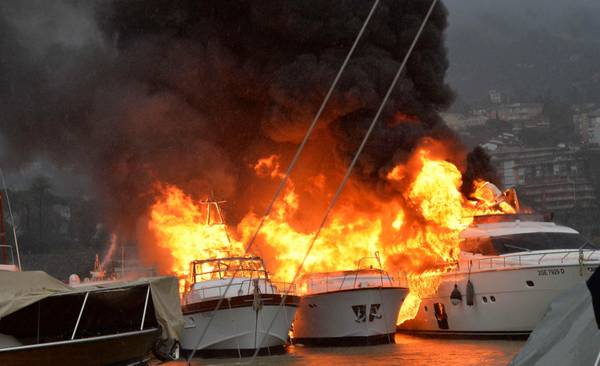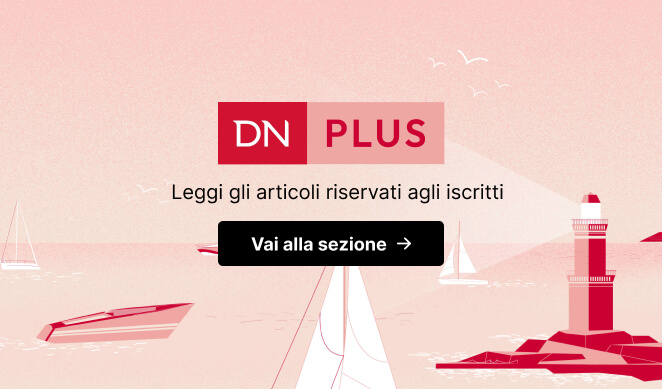Insurance Special – Everything you need to know to protect your vessel
This new section by Liguria Nautica will help you discover all the secrets for insuring your boat, to supply concrete help through the jungle of Italian provisions

Insurance Special – Everything you need to know to protect your vessel
This new section by Liguria Nautica will help you discover all the secrets for insuring your boat, to supply concrete help through the jungle of Italian provisions
What is a Hull policy? Am I covered if I hit a log while navigating at 30 knots? What does “new for old” mean? The world of pleasure boating insurance is often neglected, considered to be a specialized sector for only a few experts. So us owners and operators are forced to rely on professionals, usually agents or brokers, to find the right insurance cover for our vessels to be able to sail (and sleep!) safely.
Liguria Nautica is inaugurating a new series of articles dedicated to the intricate and complex world of maritime insurance. In order to do this, we have enlisted the help of our expert, In Young Shing, who has recently finished a I level Master in Maritime Insurance and Maritime and Land Transport from the University of Genoa, and is currenly working in the maritime insurance sector.
Her thesis title was Hull and Machine Cover in Pleasure Boating. A Case Analysis. Supervisor Prof. Giorgia M. Boi from the faculty of Economy and Luigi Alzona yacht broker from Cambiaso Risso, and will be our source to explain everything you need to know on insuring your boat.

We will begin with focusing on “Hull and Machinery” policies, the cover created for protection against any direct damages to a vessel, trying first to explain what it is and then the insurance products available on the Italian market.
Hull and Machinery Cover
Hull and Machinery cover is one of the main types of maritime insurance covers. According to general definitions, it is an insurance contract that, protecting the policy holder from the risks of navigation, makes the subject of the cover to be the vessel, and more precisely the hull with all its pertinent accessories, the engine with its auxiliaries and parts, as well as consumer equipment.
This is therefore, insurance against damages, in the face of which the Insurers promise to indemnify the policy holder suffering from any direct material damages that can happen to the insured property, according to the terms and conditions noted in the contract, but that, indicatively, are aimed at protecting the policy holder in case of loss or damage to the insured property.
It is important to specify how, in particular in the pleasure boating sector, hull and machinery insurance, in addition to supplying cover from navigational risk, is often extended to the cover other different risks not necessarily connected to navigation, especially for the phases (that can be extended over time) of storage and recovery of the craft in the sea and on land.
Contrarily to cover for public liability, “hull” insurance regarding a pleasure craft is not mandatory, as the insured property, in this case, can be traced back only to its owner.

Insured value
Sale value or estimated value? Regarding insurance value, according to common insurance practice, the pleasure craft is insured for its sale value at the time the contract is underwritten, using the estimated policy and, therefore the protocol resulting from the combined articles 1908, c.c and 515, c. 2°, nav. cod. 3: indeed, while the first provision establishes, in virtue of the indemnity principle that, in the case of liquidation for an accident claim, the insured/damaged property must be evaluated according to the sale value it has at the the time the damage is ascertained, the cited provision from the Code of Navigation clarifies that, in reference to the maritime insurance of hull and machinery cover, the declaration of value contained in the policy is considered to be an estimate, in absence of an agreement between the parties stating otherwise.
If the vessel is used, the determination of the sale value is usually entrusted to a consultant hired by the insurance company intending to supply the hull and machinery cover and, with the attribution of the estimate, the parties preventatively determine the amount of the indemnity that the insurance company must liquidate in case of total loss (to the net, obviously, of any excess), eliminating therefor possible controversies on the ascertainment of the effective value of the property and freeing the value of the yacht from any market fluctuations that may happen over the years.
After this brief introduction on the world of insurance, in the next articles we will look at other topics more in depth, starting with a careful analysis of the Italian model and the difference between the English and American models.



